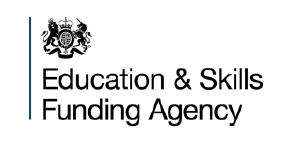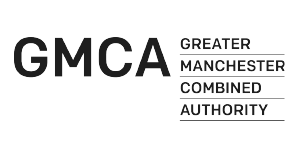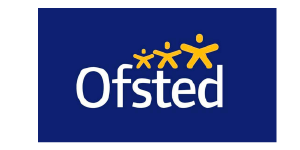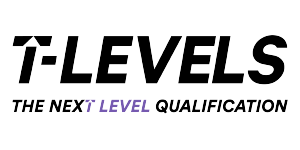As a school leaver you might be confused about which qualification to pursue. Should you go for traditional A Levels or opt for the new T Levels?
While the former is popular and well-known, T Levels are slowly gaining attention. The question remains – are T Levels better than A Levels?
What are T Levels?
T Levels are a new technical qualification that combines classroom learning with practical skills, enabling students to receive hands-on experience to support their learning. The courses are aimed at 16-18 year olds continuing their education after GCSEs
It takes two years to complete and aims to equip students with the skills and knowledge required to excel in their chosen field.
What are A Levels?
An A Level (short for Advanced Level) is a qualification offered primarily in England, Wales, and Northern Ireland. It’s usually delivered by educational bodies for students in the final two years of secondary education. It’s that crucial stepping stone that often bridges the gap between your GCSEs and university or higher education.
Imagine it as a two-year journey. In the first year (known as AS Level), you will usually study 3-4 subjects that you’re passionate about or align with your future career goals. This could be anything from Mathematics, English, and Sciences to Art, Drama, or Music – the choice is yours! The second year (A2 Level) typically sees students continuing with 3 of these subjects.
A Levels allow you to specialise in subjects that truly ignite your passion, giving you the freedom to explore these areas in depth. Each subject is individually graded, so you can shine a spotlight on your strengths when applying for university or jobs.
The assessment typically consists of a mix of coursework and exams. So, whether you thrive under exam conditions or prefer showcasing your knowledge through projects, there’s room to excel.
A Levels are highly valued by employers and universities alike and are a globally recognised qualification, opening doors to a world of opportunity.
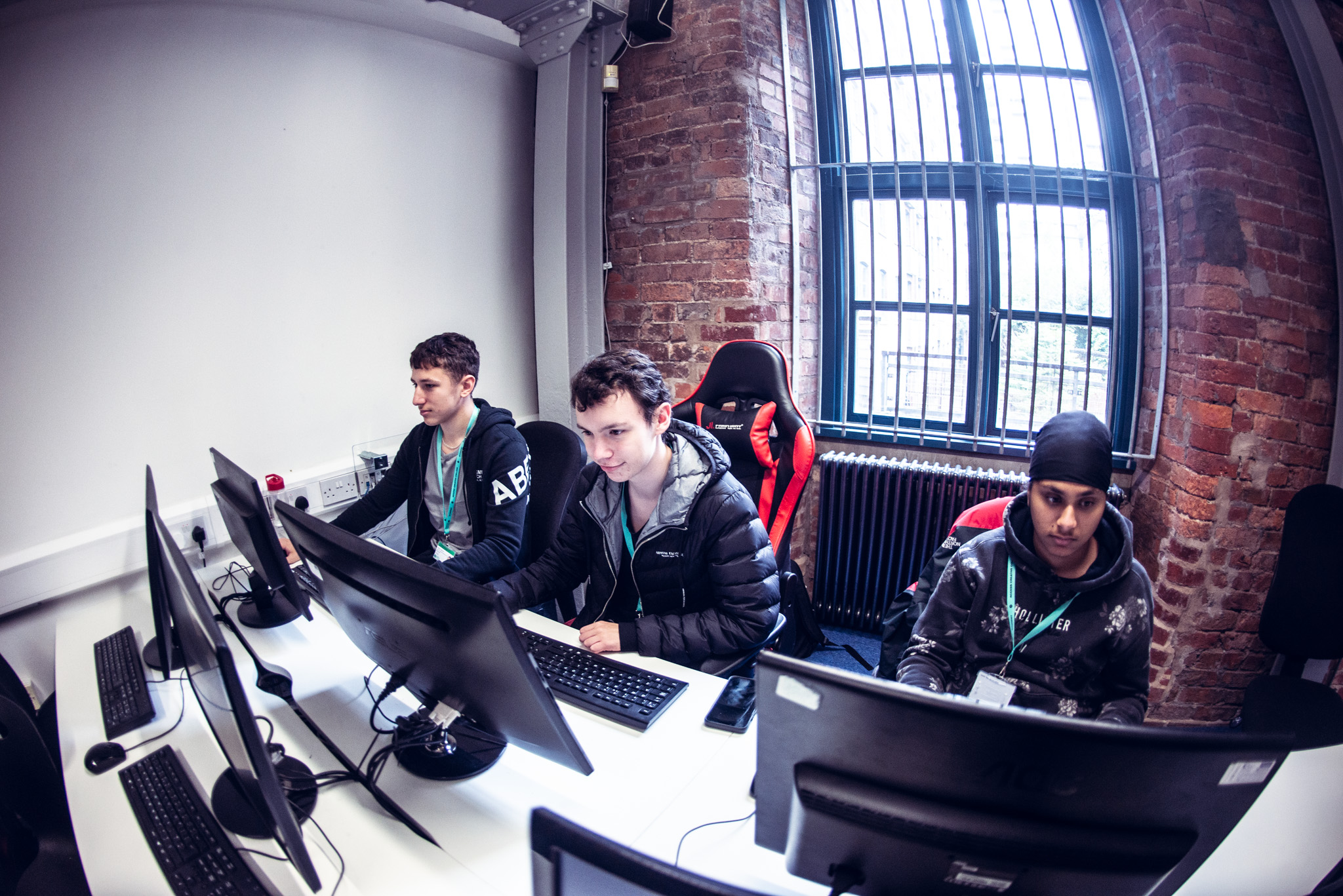
T Levels vs A Levels
One of the main differences between T Levels and A Levels is that the former focuses more on practical skills, while the latter is more theoretical and academic. T Level students will spend approximately 80% of their time working in a real-world setting, whereas A Level students will spend all their time in the classroom.
T Levels can be beneficial for students who prefer hands-on work and want to learn by doing rather than just studying concepts in a classroom.
Are T Levels Harder Than A Levels?
Neither qualification is necessarily harder than the other. Both T Levels and A Levels are challenging in their ways, and the difficulty level depends on the student’s strengths and interests.
However, T Levels offer broader demands as students are expected to balance practical work with classroom learning and submit assignments, which can be challenging. Nevertheless, students who are passionate about their field of work can find T Levels very exciting and rewarding.
T Level Equivalent
T Levels are equivalent to three A Levels in terms of the UCAS points they offer (a way to compare the different qualifications’ levels). Students can use T Levels to go to university and continue studying further.
T Levels can also lead to employment as they are recognized by companies and organisations as high-quality vocational qualifications.

Access Creative College’s T Level course
At Access Creative College we are recognised for our dynamic courses in Esports, Games, Media, Music, and Computing. However, one of our standout offerings is our T Level qualification in Software Development which launched in September 2023.
The entry requirements for the Software Development T Level at Access Creative College are at least four GCSEs at grades 4-9 (C-A*), inclusive of English and Maths. Each case, however, is considered on its own merits.
A unique aspect of the T Level is the mandatory 45-day work placement that forms part of the course. This allows students to gain hands-on industry skills and experience, providing them with a competitive edge. The Software Development T Level course at Access Creative College promises this enriching experience, preparing students for a fruitful career in the software industry. Alongisde this, Access Creative College’s Content Creation T Level course is a fantastic gateway to becoming a successful content creator in an ever-growing digital world.
It’s worth noting that T Levels have been part of the qualification offerings for post-16 students since 2017, and their uptake continues to rise. As we move further into the digital age, qualifications such as these will undoubtedly become invaluable assets for young individuals eager to make their mark in the world.
You can study a T Level course for Software Development through Access Creative College at the following locations:
If you wish to study a T Level course for Content Creation, you can study this at one of the following ACC campuses:
A new education pathway
T Levels offer fantastic opportunities for students looking for hands-on practical education. While A Levels are still popular, T Levels offer a fresh perspective and unique learning experience that can be beneficial for students who prefer practical work more than just theoretical concepts.
T Levels are equivalent to three A Levels and can lead to employment or further education, making them an excellent choice for school leavers. Explore T Levels today and kick-start your career in the field that you’re passionate about!











